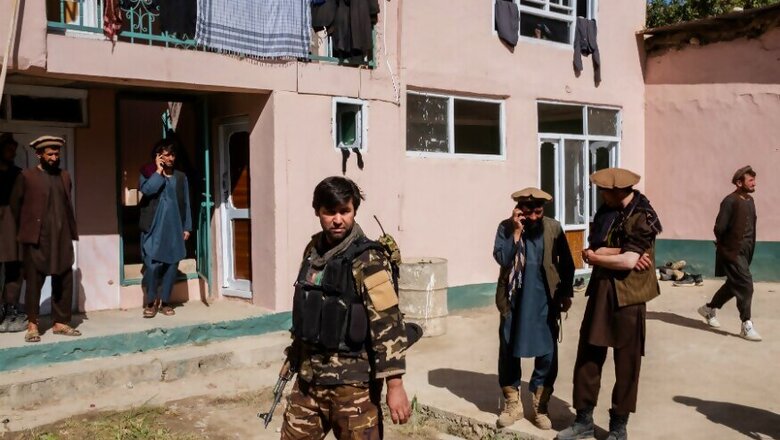
views
Kabul: When hundreds of Taliban fighters surrounded the district center of Bala Murghab in western Afghanistan in early April, the Afghan troops stationed there knew they were in peril. They couldn’t reach their own commandos. American air support was their last hope.
Then a cloud cover descended. The Americans could not see the Afghans. So to help coordinate bombing runs, the Afghan commander turned to that favorite tool on millions of phones across the world: WhatsApp.
In the last five years, WhatsApp has become second only to Facebook as a way for Afghans to communicate with one another, and with the outside world. The app, which is owned by Facebook, has now also fully penetrated the highest echelons of the Afghan government and military.
But U.S. officials say that despite WhatsApp’s advertised “end-to-end” encryption, it is a security risk.
The U.S. military has asked the Pentagon to develop a substitute, particularly for military communiqués, that the Afghans can download and is more secure. The Department of Justice says it needs a loophole to the encryption in WhatsApp and Facebook Messenger so that it can lawfully gain access to help fight crime and terrorism.
Afghan military officials, though, say WhatsApp has unique benefits in the fight against the Taliban, who also rely on the app to update their superiors and check in with their fighters. The battle has become a war of small, quick tactical gains — a district here, a village there — and for this, the advantages of the app, they say, far outweigh the potential vulnerability.
Mainly, it’s quick and flexible. Urgent decisions on an imminent attack no longer must wait for ministers and commanders to get to a secure operation center. WhatsApp groups have become virtual operation centers, with ministers and commanders sending decisions from their bedroom, in between meetings or even from an airport lounge.
“It’s been very useful, it’s easy and gets through to high levels of authority,” said Abdul Qader Bahadurzai, a spokesman for the 215th Corps, stationed in southern Helmand province, where the Taliban control much of the territory against an Afghan force that has bled for years. “It takes a few minutes, compared to contacting them through radios and sometimes even the phones are busy.”
With multiple battle fronts open across the country and, on some days, attacks reported in as many as two dozen of the country’s 34 provinces, security leaders have multiple WhatsApp groups going where they coordinate resources in emergency situations.
Some groups last as long as a specific operation is in progress; others are more permanent. Local commanders are added and dropped as needed.
On rare occasions, like the operation in Bala Murghab, U.S. military commanders are added to smaller groups, Afghan officials said. Mostly, though, WhatsApp groups are for communication among Afghan security leaders and their ground commanders.
While Afghan security ministers might speak with Gen. Austin S. Miller, the top U.S. commander, on WhatsApp, they switch to secure lines for sensitive decisions.
The U.S. military communicates over encrypted radio networks and classified internet portals to relay the same type of information that their Afghan counterparts are broadcasting freely over their smartphones.
Taliban commanders in the districts of Musa Qala and Sangin, often the site of fierce battles, are not concerned about security risks in WhatsApp. They note that besides the radio, WhatsApp was the safest way to communicate.
Some of the Taliban fighters lack literacy and technological savvy. With WhatsApp’s voice message feature, they don’t need either.
“It doesn’t require writing skills,” a Taliban commander in Sangin said. “You just send a voice message and wait for the reply when you switch your mobile phone on.”
In the recent peace negotiations with the Taliban in Doha, Qatar, WhatsApp was used extensively by both high-level American and Taliban negotiators. One U.S. official joked that Zalmay Khalilzad, President Donald Trump’s top negotiator, was handling the whole peace process that way.
During the months of talks, both sides would leave their phones in envelopes at the gate of the diplomatic club where the discussions were held. At coffee, lunch, or prayer breaks, they would pick them up.
The Americans would huddle in a corner on their phones, their fingers busy typing texts. The Taliban, though, had a different way of using the app.
They wouldn’t hold the phone to their ears to listen to WhatsApp messages, or put on headphones. Instead, they would disperse to far corners — around the bend from a little mosque, deep into the parking lot — with their phone in hand in front of them, like a military radio, the message playing out loud. Then, they would pace back and forth, the record button pressed as they sent a response message.
When it appeared that the Taliban negotiators and the U.S. diplomats had finalized the deal — before Trump pulled the plug on it — an intense, often emotional, debate on the merits of the agreement erupted among the Taliban ranks, much of it over WhatsApp.
In a 17-minute audio message, one elderly Taliban ideologue voiced concern that negotiators were about to sign away the right to jihad, considered an important pillar in Islam. At times, the elder’s voice broke as he seemed on the verge of tears.
The message, ostensibly addressed to the Taliban chief negotiator, circulated far and wide in Taliban groups and beyond.
In a six-minute response — about 30 seconds of it spent on greetings like “may you not be tired, may God have you in complete health, may you have complete happiness, may Allah keep you happy with the rest of us” — another Taliban commander ripped into the elderly leader’s logic, defending the negotiators by relying on different interpretations of the same Quranic verses the Taliban leader had drawn on.
One of the earliest and most prominent examples of an Afghan commander who saw the advantages of WhatsApp was Gen. Abdul Raziq, the powerful police chief of southern Kandahar province, who was assassinated last year.
He started out as a lowly border guard, lacking even basic education. But he became a general who whipped local security forces into a strong unit the U.S. military counted on to defend the south against the Taliban.
As Raziq grew in prominence, his newfound political stature and expanding business interests often had him traveling to Kabul and abroad. But he needed to keep close contact with his unit commanders. That’s where WhatsApp came in.
It offered him the intimacy of a military radio, but the flexibility of using it anywhere, anytime. Raziq would be on the streets of Paris, or in a rooftop restaurant in Dubai, but his command through WhatsApp for sending 20 boxes of ammunition to this outpost, or two tankers of fuel to that one, sounded as if he were behind his desk at the Kandahar police headquarters.
In 2017, as political pressure on the Afghan government was growing after a series of large demonstrations, reports spread that the government was planning to ban WhatsApp as part of a broader social media ban. For a couple of days, the application seemed patchy across the country, fueling those fears.
But one senior official, in private, assured there would be no such ban. When asked how he could be so confident, the official responded, “If we ban WhatsApp, how are we going to run the government?”













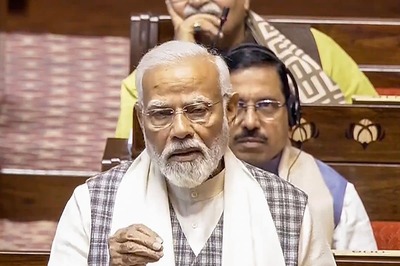
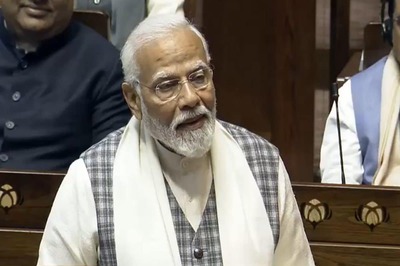

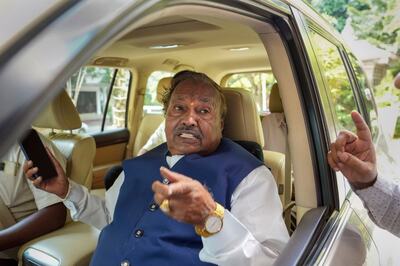


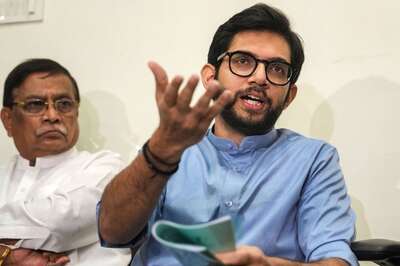
Comments
0 comment